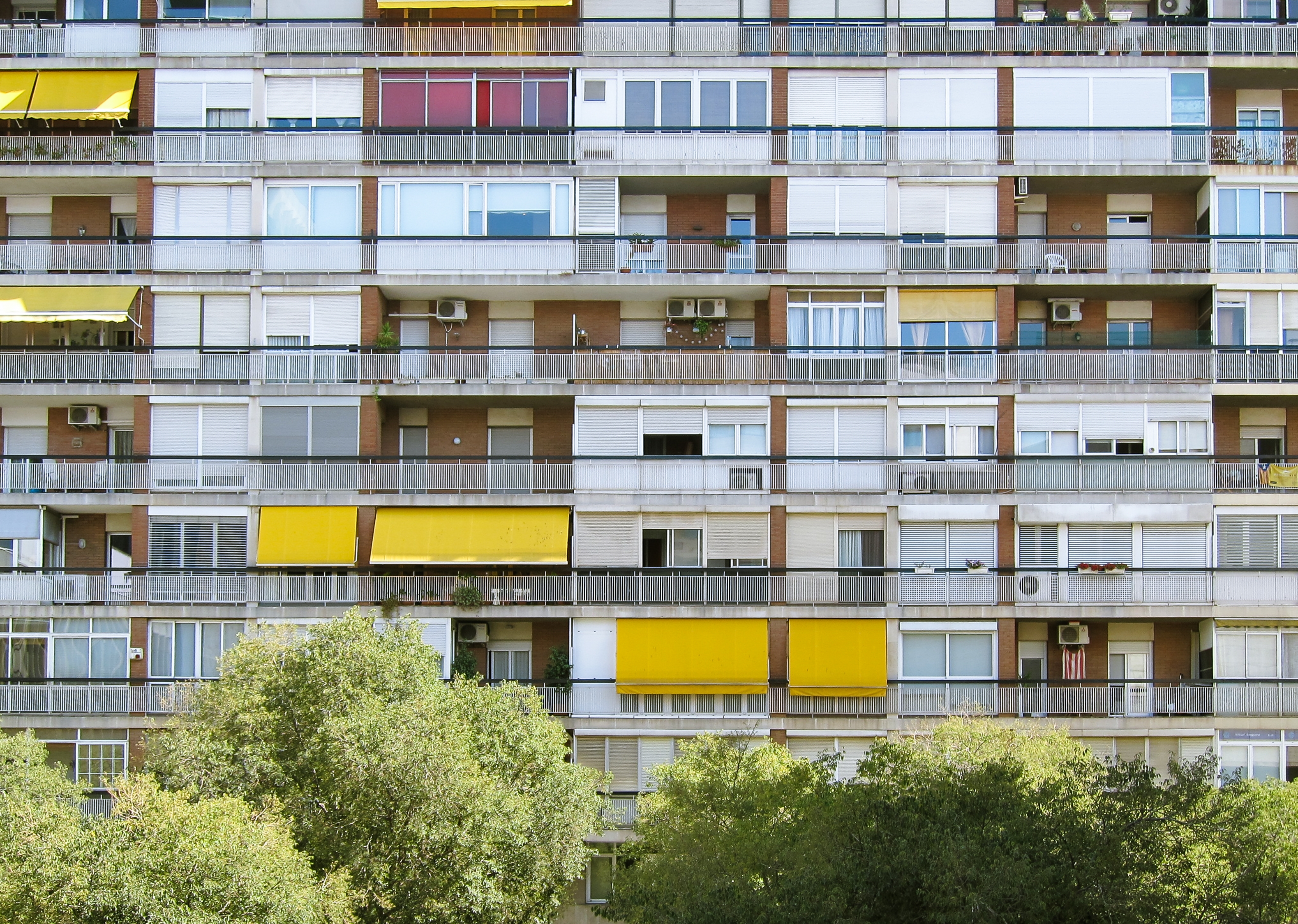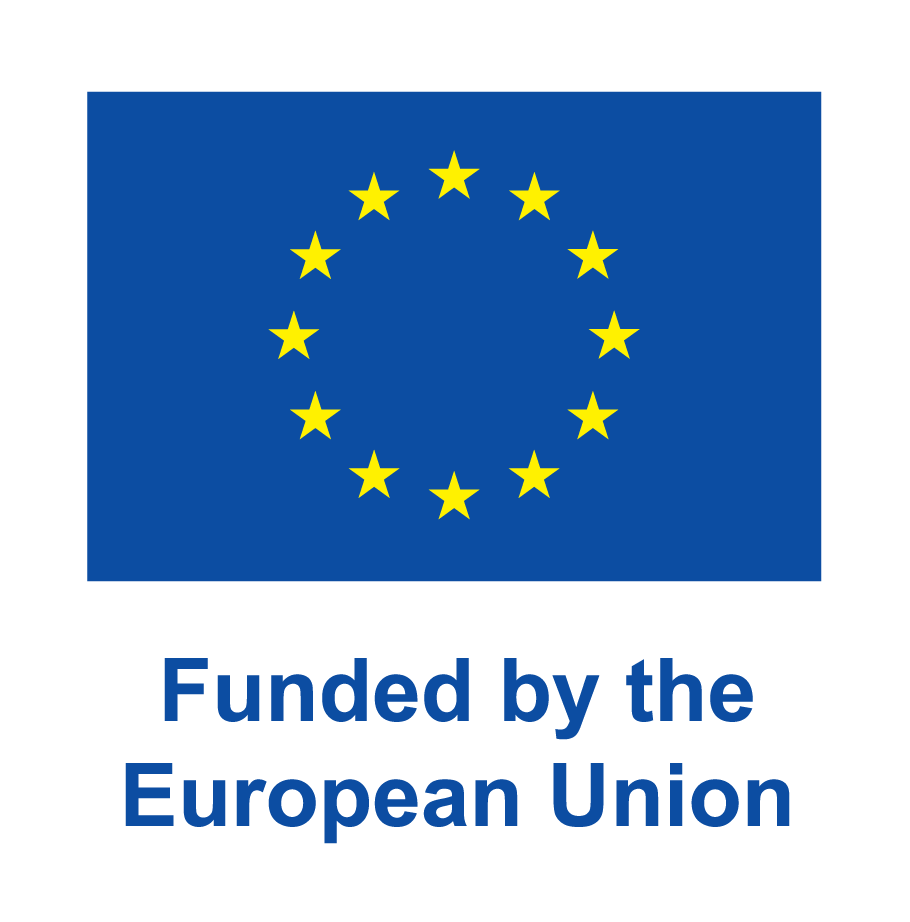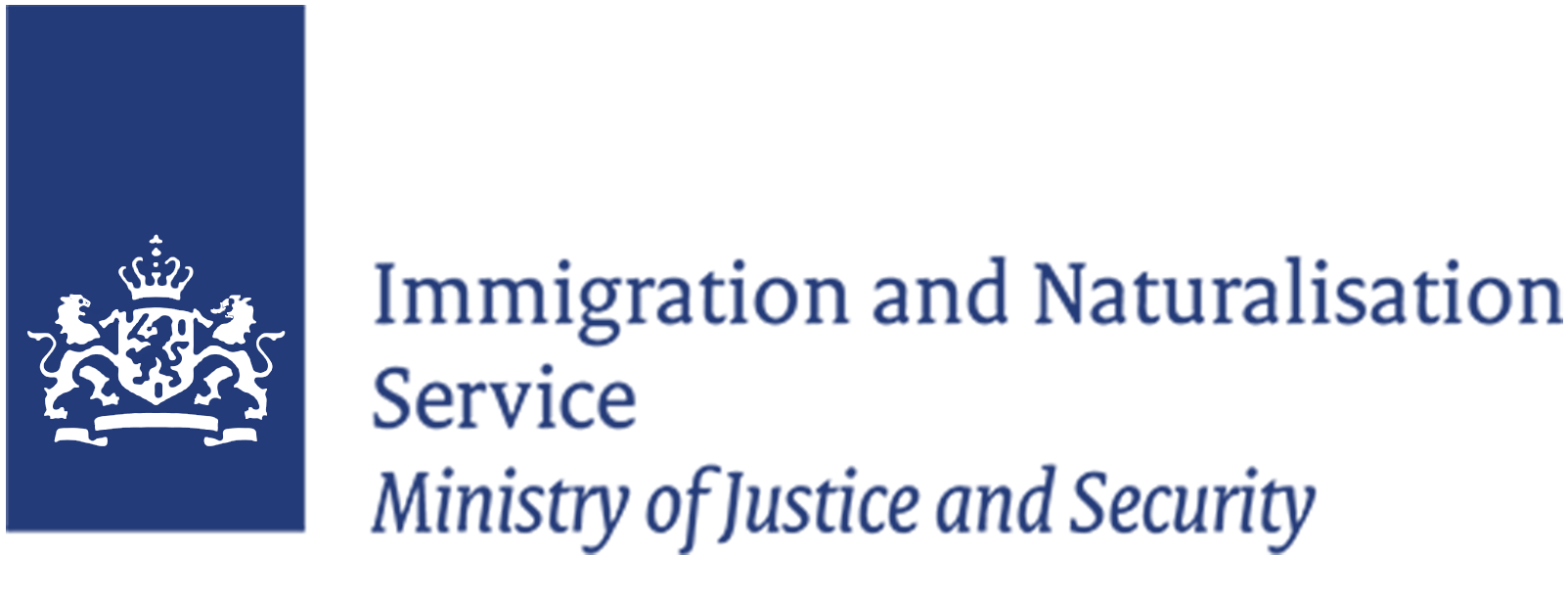Beneficiaries of international protection who have been granted a residence permit must find housing themselves in more than half of the European countries. In other countries, the government allocates housing. Depending on the policy, beneficiaries of international protection and governments experience different barriers in finding housing.
Significant policy differences between European countries for housing beneficiaries of international protection
Housing: Allocation or personal responsibility
In 11 countries (CZ, DE, EL, FI, FR, HR, IE, LU, NL, SE, SK), beneficiaries of international protection are allocated housing by the government. In the Netherlands, municipalities are responsible for housing beneficiaries of international protection and they are given a place of residence for permanent residency. In the other countries (BE, BG, CY, EE, ES, HU, IT, LT, LV, MT, PL, PT, SI, SK, RS), status holders are personally responsible for finding housing. Croatia has a hybrid form, where the government allocates housing for a maximum of 2 years.
Obstacles in finding housing
Participating countries mention various obstacles experienced by beneficiaries of international protection and responsible government agencies in finding independent housing, including:
- Long waiting lists in the social housing sector (BE, FR, IE, IT, LU, LV, NL, PT, SI, SK);
- General housing shortages (BE, CY, DE, EE, EL, FR, HR, IE, IT, LT, LU, LV, NL, PT, SI, SK);
- Rising rental prices in the private sector (BE, CZ, EE, EL, ES, FR, HR, IE, LT, LU, LV, PT, SI, SK, RS);
- Discrimination in accessing housing in the private sector (AT, BE, CY, CZ, DE, HR, IE, IT, LT, LV, PL, PT, SI, SK);
- Language barriers (BE, CY, CZ, DE, FR, IE, IT, LT, LV, PT, RS).
Seeing as the Netherlands allocates housing to beneficiaries of international protection, the private sector plays a more limited role. Therefore, some of these barriers are less applicable in the Netherlands.
*Participating countries in the study: Austria (AT), Belgium (BE), Bulgaria (BG), Cyprus (CY), Czech Republic (CZ), Germany (DE), Estonia (EE), Greece (EL), Spain (ES), Finland (FI), France (FR), Croatia (HR), Hungary (HU), Ireland (IE), Italy (IT), Lithuania (LT), Luxembourg (LU), Latvia (LV), Malta (MT), the Netherlands (NL), Poland (PL), Portugal (PT), Sweden (SE), Slovenia (SI), Slovakia (SK); Serbia (RS).



